With a Master of Occupational Therapy (MOT) degree from Nebraska Methodist College, you're empowered to equip patients with essential tools that enhance their quality of life, even in the face of obstacles.
The MOT degree at NMC is tailored for empathetic individuals aiming for a more patient-centric approach in healthcare. Professionals graduating from our program find themselves adept to function across varied settings, from hospitals and rehabilitation facilities to private practices and patients' homes.
Acquire the proficiency to design and implement tailored occupational therapy plans, ensuring every client benefits from a bespoke approach and benefits from sustained well-being.
The MOT program is open to those with a bachelor’s degree and occupational therapy assistants with associate degrees. OTAs who have worked full-time for one year can get prerequisites waived.
As per data from the Bureau of Labor Statistics, there's a predicted growth of 14% in the OT domain between 2024 and 2034, a rate that significantly outpaces the average for other professions.
In the year 2024, the median earnings for an occupational therapist stood at $98,340 annually or $47.28 hourly. See what some of our alumni are doing now on our Occupational Therapy Alumni Directory.



